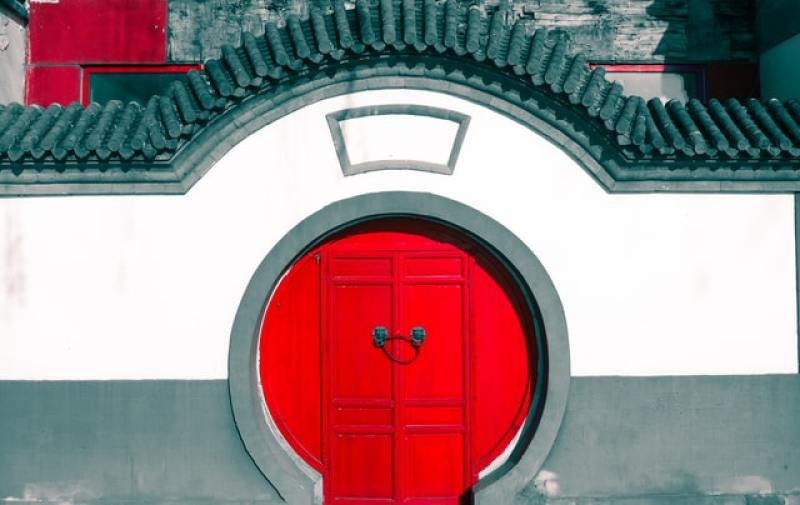
China's State Administration of Religious Affairs (SARA) on Monday announced new measures limiting all forms of religious activities held online.
Any organization or person who conducts online religious services are now required to submit an application to the provincial religious affairs departments or face consequences, China's state-owned newspaper called The Global Times reported.
According to CBN News, the SARA's new directives controlling religious activities online now requires churches, religious groups, and colleges seeking to conduct online worship services to apply for an Internet Religious Information Service Permit. Meanwhile, live broadcasts or online recordings of religious ceremonies are now prohibited.
SARA's new rules also prohibit overseas organizations or individuals, as well as organizations set up by foreigners from operating online religious information services in China. The new measures, which also prevent organizations or individuals from raising funds "in the name of religion," will take effect on March 1, 2022.
International Christian Concern (ICC) reported that online religious activities that are allowed by China's communist government must not "incite subversion of state power, oppose the Chinese Communist Party (CCP) leadership, undermine the socialist system, national unity, and social stability." Moreover, religious groups are prohibited from using the internet to "induce minors to become religious, organize them, or force them to participate in religious activities."
ICC's Regional Manager for Southeast Asia Gina Goh reported that because of the increasing levels of persecution, raids, and crackdowns on "unregistered religious groups," these communities have been forced to shift to virtual ways to gather and worship. However, the CCP's latest measures are a stark warning as to how committed the CCP is to "[crushing] religious groups that are not vetted by Beijing."
"China's religious freedom is further eroded," Goh lamented.
Earlier this month, Bloomberg reported how President Xi committed to pursue sinicization and improve the regulation of religion in China in a way that preserves socialist beliefs. In a meeting held in Beijing, President Xi pushed more nationalist, collectivist, and socialist values and urged an improved understanding of history in the religious sector. He also underscored the importance of "national security."
Sinicization, which was introduced in China in 2015, is meant to align religion to Chinese culture and compel religion to adhere to China's communist political ideology and rules. Xi argued that "The religious sector should strengthen its self-education and management and should only conduct activities that respect laws and regulations."
"Xi Jinping wants everybody on the same page, no matter what background they come from, what ethnicity - and flatten it out," University of California, San Diego scholar Richard Madsen told The Globe and Mail in June. He expressed doubts, because he believed China was "too diverse and complicated to actually do that."
But the CCP appears to be doing this by force. Not only is China's communist government cracking down on Christian minorities, it's also "erasing 'Arab-style' mosques" as well, as reported by Asia Times in October. China is undoubtedly diverse, but the religious minorities such as Christians, Muslims, and the severely persecuted Uyghurs are evidence of the CCP's intentions to force everyone in the country to leave their religions and adhere to communism and "Xi Jinping thought," the only "religion" the CCP wants.




























